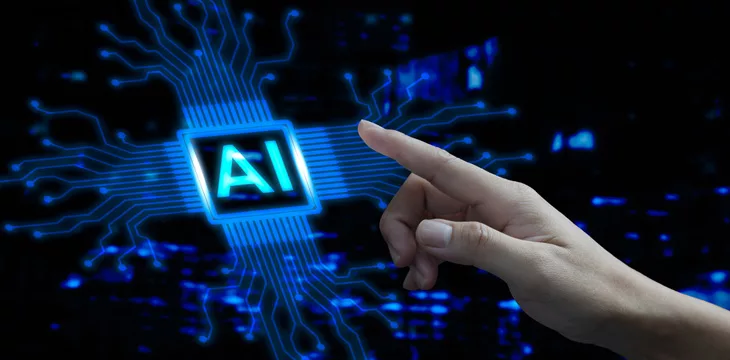
|
Getting your Trinity Audio player ready... |
The European Parliament and Council negotiators reached a provisional agreement on the Artificial Intelligence Act on December 8. The regulation aims to ensure that “fundamental rights, democracy, the rule of law and environmental sustainability are protected from high-risk AI, while boosting innovation and making Europe a leader in the field.” The rules would establish obligations for artificial intelligence (AI) based on its potential risks and level of impact.
The agreement is a world first and described as “historic” by Thierry Breton, the European Commissioner responsible for a suite of European laws that will also govern social media and search engines.
“The EU becomes the very first continent to set clear rules for the use of AI. The AI Act is much more than a rulebook — it’s a launchpad for EU startups and researchers to lead the global AI race,” said Breton, who also hinted at further changes, saying “The best is yet to come!”
The landmark deal came after a 37-hour session between the European Parliament and EU member states.
MEP Brando Benefei, who co-led the parliament’s negotiating team, said: “Thanks to the European Parliament’s resilience, the world’s first horizontal legislation on artificial intelligence will keep the European promise – ensuring that rights and freedoms are at the centre of the development of this ground-breaking technology.”
Benefei co-led the parliament’s negotiating team with Romanian MEP Dragoș Tudorache, who has led the European Parliament’s campaign to regulate AI, and described the agreement as “the first in the world to set in place robust regulation on AI, guiding its development and evolution in a human-centric direction.”
“The AI Act sets rules for large, powerful AI models, ensuring they do not present systemic risks to the Union and offers strong safeguards for our citizens and our democracies against any abuses of technology by public authorities,” said Tudorache.
Specifically, the agreement is built on a risk-based tiered system where the highest level of regulation applies to those machines that pose the highest risk due to their “significant potential harm to health, safety, fundamental rights, environment, democracy and the rule of law.”
AI systems used to influence the outcome of elections and voter behavior are also classified as high-risk.
The AI Act prohibits:
- biometric categorization systems that use sensitive characteristics such as political and religious beliefs, sexual orientation, or race;
- untargeted scraping of facial images from the internet or CCTV footage to create facial recognition databases;
- emotion recognition in the workplace and educational institutions;
- social scoring based on social behavior or personal characteristics;
- AI systems that manipulate human behavior to circumvent their free will;
- AI used to exploit the vulnerabilities of people due to age, disability, social or economic situation.
Outside of this, officials provided few details of exactly what will constitute the eventual law, which will likely not take effect until at least 2025.
News of the landmark agreement wasn’t universally well received.
“Hope you’re aware of the mounting frustration among European developers right now. Hate being sarcastic, but this is truly literally the textbook definition of a decaying bureaucratic superstructure,” said one commenter, under Breton’s announcement post.
Another suggested, “It’s more than historic. It’s prehistoric.”
The majority of industry complaints seemed to regard the agreement and early details on the regulation as a backward step in the EU’s support for innovative technology and startups, especially in the year that the bloc’s landmark Markets in Crypto Assets regulation (MiCA) was passed into law.
MiCA was warmly received by the industry for its digital asset-specific rules, with many comparing it favorably to the current state of—supposed—uncertainty in the United States.
Despite some early retractors, the Act’s champions in the European Parliament maintain that the agreement represents a significant step forward.
“We are the first in the world to set in place real regulation for AI, and for the future digital world driven by AI, guiding the development and evolution of this technology in a human-centric direction,” said Tudorache on X.
In order for artificial intelligence (AI) to work right within the law and thrive in the face of growing challenges, it needs to integrate an enterprise blockchain system that ensures data input quality and ownership—allowing it to keep data safe while also guaranteeing the immutability of data. Check out CoinGeek’s coverage on this emerging tech to learn more why Enterprise blockchain will be the backbone of AI.
Watch: Artificial intelligence needs blockchain
Recommended for you
Lorem ipsum odor amet, consectetuer adipiscing elit. Elit torquent maximus natoque viverra cursus maximus felis. Auctor commodo aliquet himenaeos fermentum
Lorem ipsum odor amet, consectetuer adipiscing elit. Accumsan mi at at semper libero pretium justo. Dictum parturient conubia turpis interdum

 11-22-2024
11-22-2024


